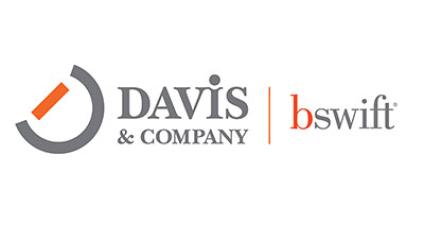
Here's a quick quiz:
1. What's the best way to inform employees about changes to health care plans during open enrollment?
A. Email B. Email C. Email D. Other
2. You need to explain how your long-term incentive plan is changing. What vehicle should you use?
A. Email B. Email C. Email D. Other
3. Your company is introducing new competencies that define how employees at different levels should do their jobs. Which communication tool will work best?
A. Email B. Email C. Email D. Other
Are these trick questions? Not entirely: Email has become such a default choice for communication that we sometimes forget it's not the only tool in our toolbox. Yet, especially when it comes to communicating complex HR topics, email is often the least effective option. (You guessed it: The right answer to every question above is, in fact, "other.")
To select the right tool for the job, think outside the email box. Here's a quick guide to get you started:
| HR communication need | Right tool for the job |
Example | ||
| Encourage employees to make the best health care plan choice for their situation | Print (yes, print) | Enrollment package with tables that compare features of different plans | ||
| Persuade employees of the value of long-term incentives | Online calculator | Tool that projects potential future results of stock plans | ||
| Answer employees' questions about a complicated topic, such as a new prescription drug plan | Social media | Online chat with a benefits expert | ||
| Create understanding and buy-in for a new set of competencies | Face to face | Briefing for managers, with tools that help them have face-to-face conversations with their employees | ||




